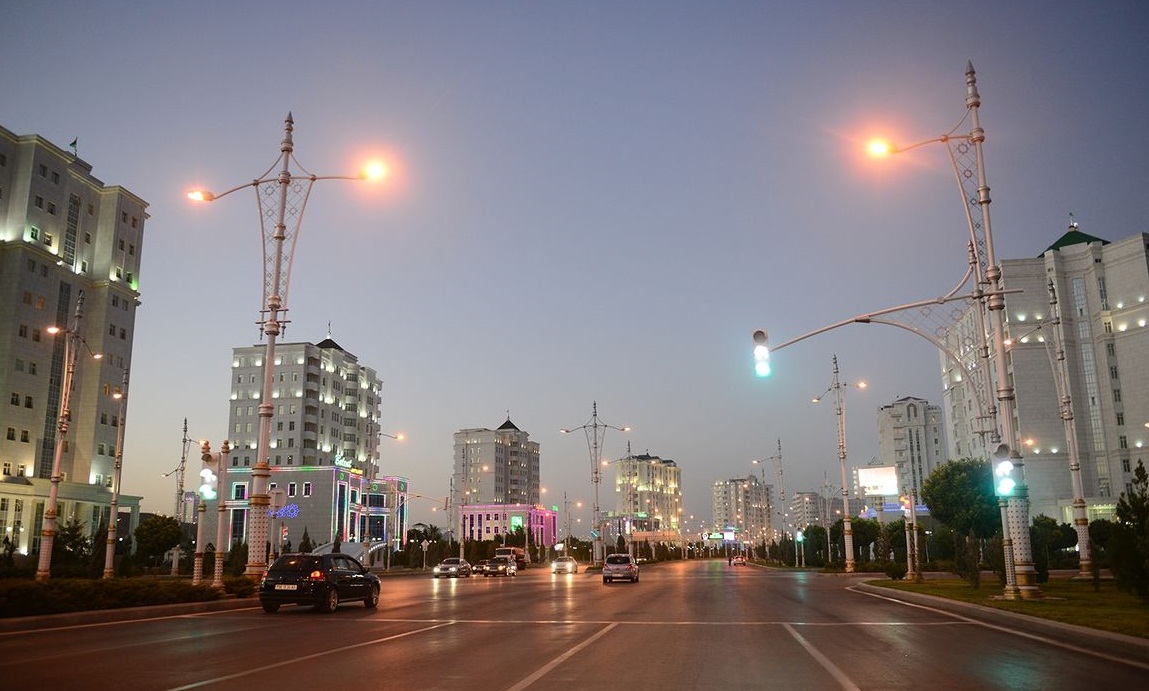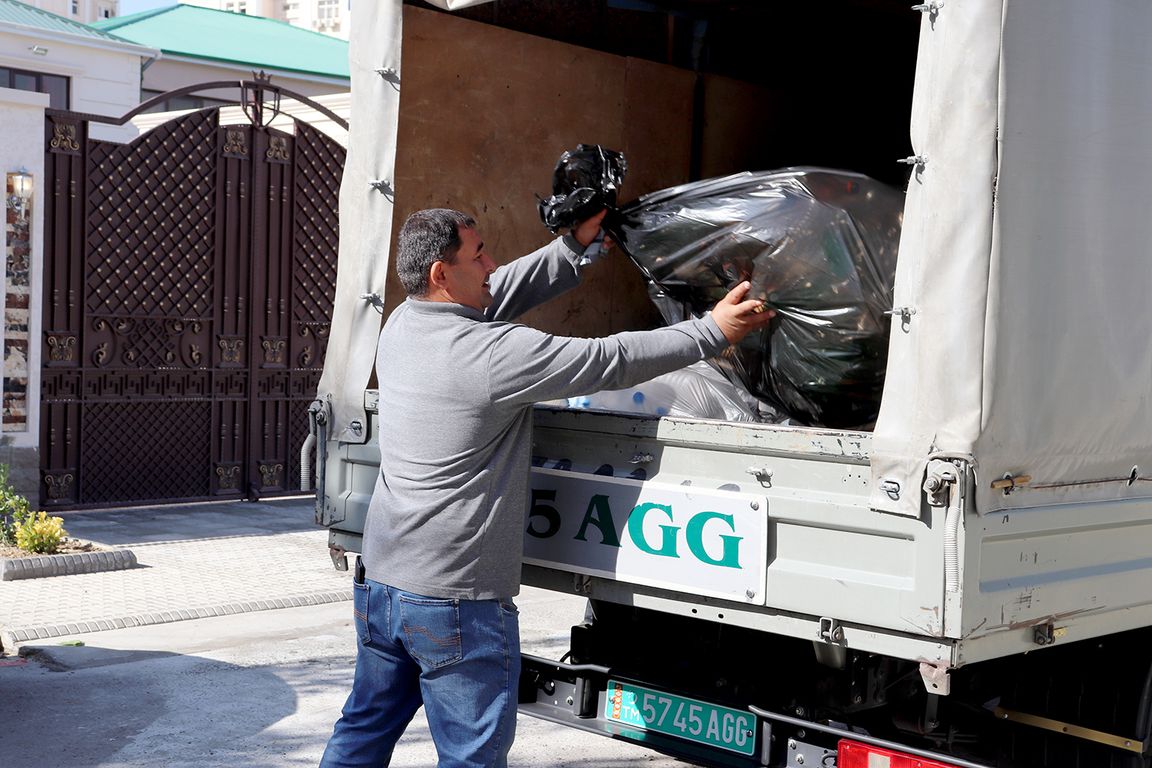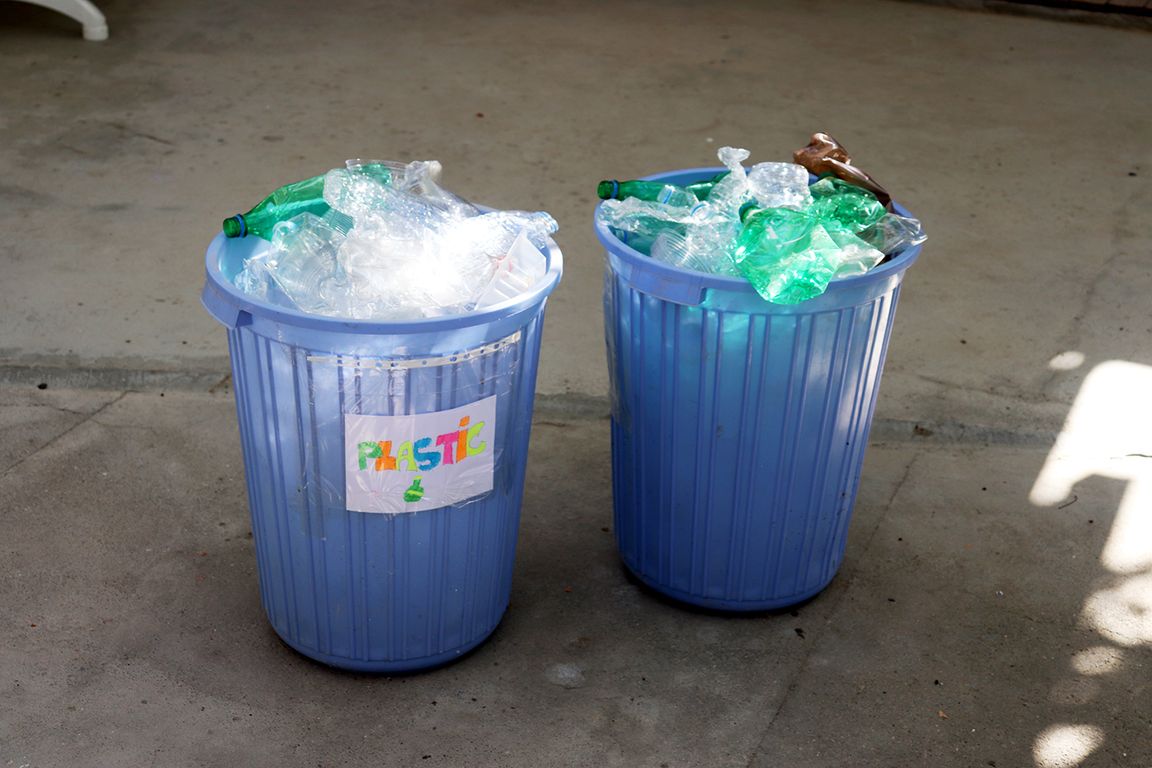Cities are not homes, but people! It is very difficult to answer what a city is, because a city is not just a territory, it is a whole system of interactions, where people constantly strive to develop and improve it. And here is the transition from just a city to a sustainable city that combines all the most modern, innovative and high-tech.
A sustainable city is a city in which the living conditions of individuals and the healthy environment around them are improved through cooperation between government, business community and non-profit organizations.
International Sustainable Cities Day is celebrated on October 31 and in this respect the joint project of the United Nations Development Programme (UNDP) and the Ministry of Agriculture and Environmental Protection of Turkmenistan "Sustainable Cities in Turkmenistan: Integrated Green Urban Development in Ashgabat and Awaza" presents the activities that are undertaken within the framework of this cooperation.
A sustainable city is a strategic planning, looking to the future, and caring for future generations. The sustainable city strategy applies to all communities and includes both economic self-sufficiency and ecosystem protection with active participation of citizens. This is our goal - you cannot rejoice today's well-being at the expense of tomorrow!

The Sustainable Cities Project aims to:
improve opportunities and favourable conditions in Ashgabat and Avaza to identify, develop and implement integrated low-carbon and climate resilient solutions;
reduce greenhouse gas emissions and other negative environmental impacts;
disseminate experience and scale-up the results of pilot project activities at the national level through information exchange, capacity building of institutions and relevant managers, promotion of sustainable urban development strategies and related regulations.
Currently, the UNDP project promotes cooperation between government agencies, which brings together efforts of the government, the private sector and public organizations in development of energy efficiency, renewable energy, monitoring of urban environmental components, waste management in a city, and introduction of green practices in public facilities.
Over the past period, the project took an active part in development of drafts of two new Laws of Turkmenistan - "On Renewable Energy Sources" and "On Energy Efficiency and Energy Saving", in development of draft of the National Strategy for the Development of Renewable Energy, and assisted to the development of regulatory technical documentation, which contributes to the sustainable development of the electric-energy sector of Turkmenistan. The project is planning the procurement of power transformers with further installation and conducting energy audits, as well as the introduction of new innovative technologies in the street lighting system at an allocated pilot site in Ashgabat to upgrade Ashgabat city energy grid system and reduce greenhouse gas emissions.

The project took part in the development of a new edition of the National Strategy of Turkmenistan on Climate Change and also now coordinates the development of draft of the Fourth National Communication of Turkmenistan on Climate Change for the UN Framework Convention on Climate Change.

With the aim of improving the environmental monitoring system in cities of Turkmenistan, the project has procured two sets of laboratory equipment for the monitoring the air and water pollution, as well as laboratory equipment and chemicals reagents for environmental laboratories of subordinate organizations of the Ministry of Agriculture and Environmental Protection. Project is also working on preparation of the draft Programme for improving the system of environmental monitoring and control of the atmospheric air pollution and pollution of water facilities in Ashgabat and Avaza.
The project started the development of a number of normative technical documentation and regulatory legal acts to the Law of Turkmenistan "On Waste" and supports the development of the draft National Strategy of Turkmenistan on waste management as another step towards sustainability.
With the purpose of experience sharing and scaling-up of the results, project specialists maintain a regular interaction with the main national partners: the Ministry of Agriculture and Environmental Protection, the Ministry of Energy, the Ministry of Construction and Architecture, Hyakimliks (municipalities) of Ashgabat and Turkmenbashi cities, “Turkmenavtoulaglary” Transport Agency, Union of Industrialists and Entrepreneurs of Turkmenistan. This cooperation is realized through consultations, training sessions, seminars and establishment of working groups.
UNDP is an active participant in all environmental actions in the country, especially a successful pilot activity in collecting of plastic waste, glass and waste paper, which enables the of building a system in a community, where waste is turned into raw materials that is used for energy production, is a noteworthy.
In 2019 and 2020, the UNDP project implemented a number of activities to collect plastic waste. Together with the Nature Preservation Society of Turkmenistan, Project launched a campaign on collection of waste in residential areas aimed at building the waste sorting practices and skills and increasing the scale of processing. The first stage of the campaign included only collection of plastic waste, the second stage now includes the collection of plastic, glass and paper waste.

So, what can we do to move closer to a sustainable city?
We need to make an effort for this aim, not to be indifferent and take good care of everything around us, to foster useful habits in ourselves, our children and our friends with a look into the future, save energy, buy less energy-intensive equipment, take good care of water, start sorting and recycling the waste, use energy-saving technologies at our homes that will reduce the impact on our environment.
In conclusion, it should be noted that UNDP activities are aimed at promoting the introduction, use and application of modern green practices in every household, in every home and the UNDP project will continue to develop new programmes, strategies and implement practices that contribute to the sustainable development of cities in Turkmenistan.

